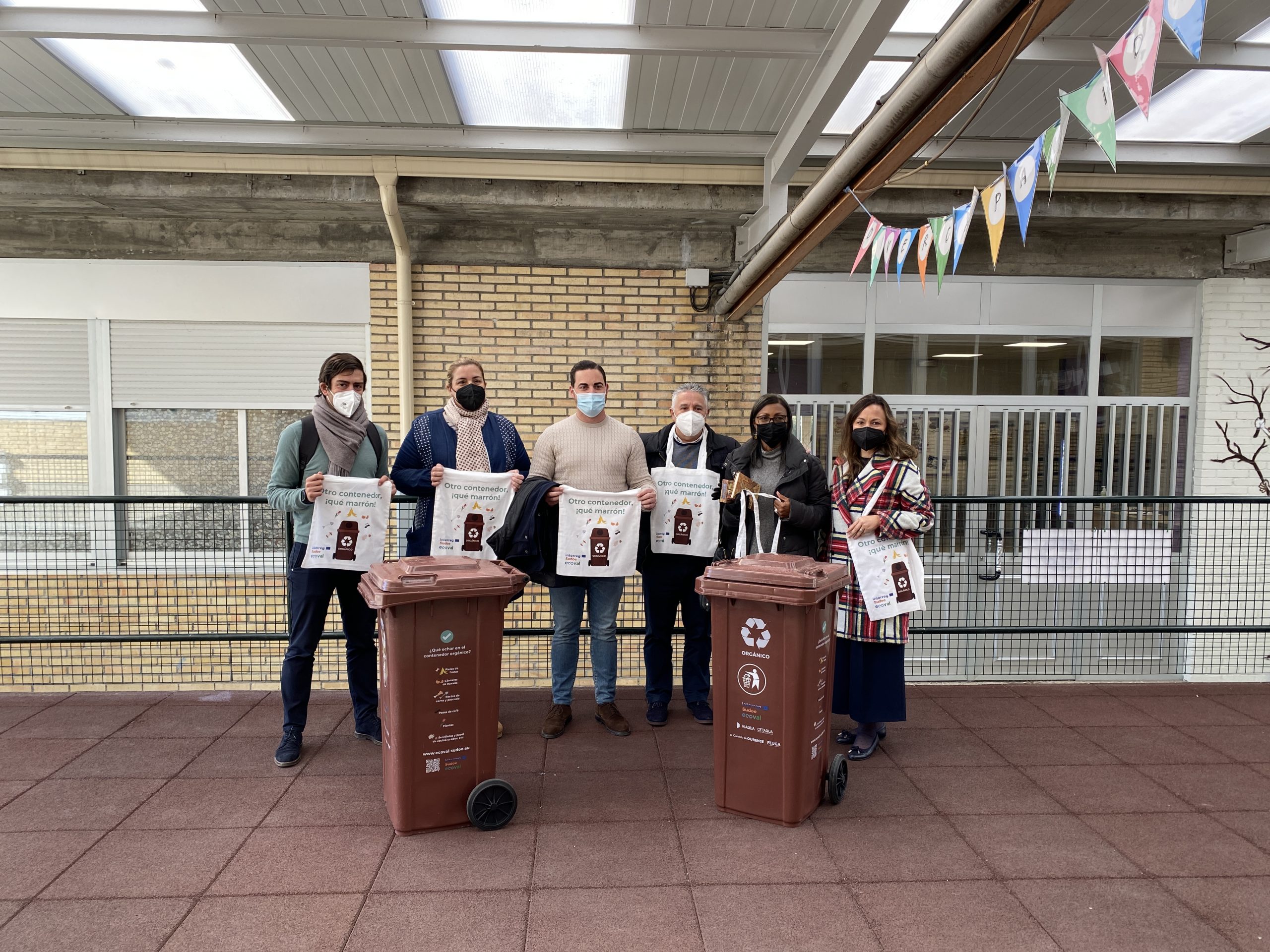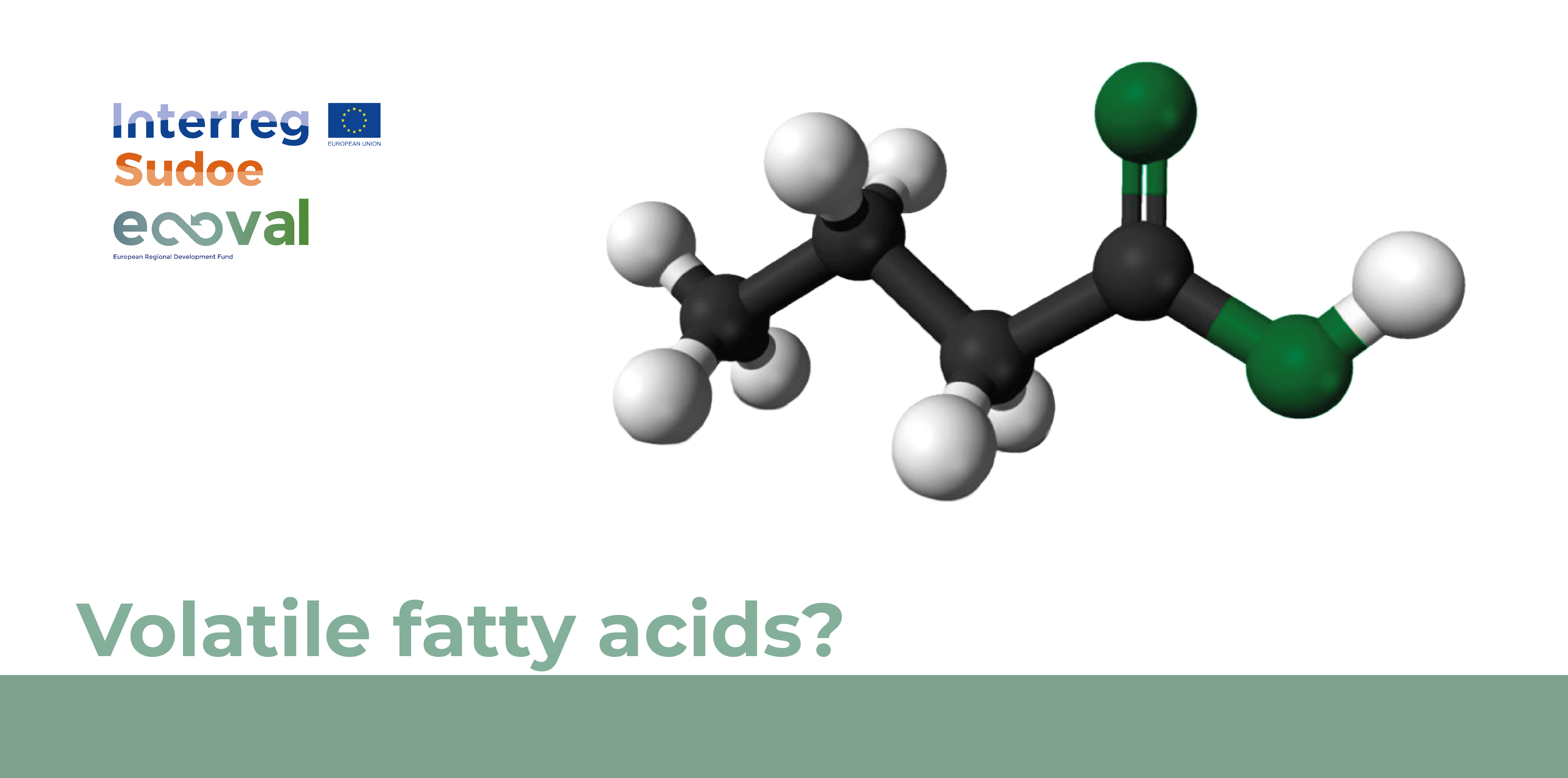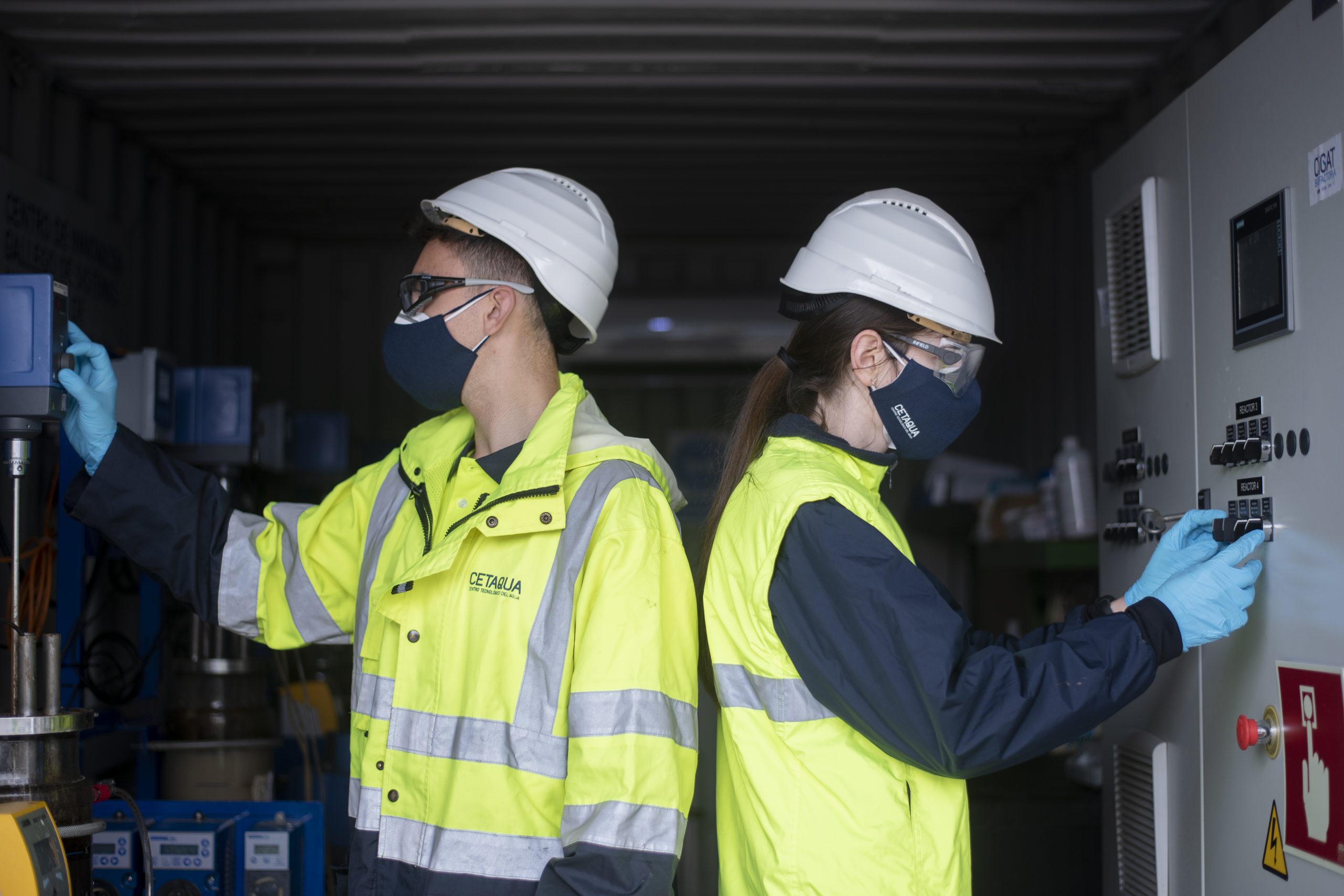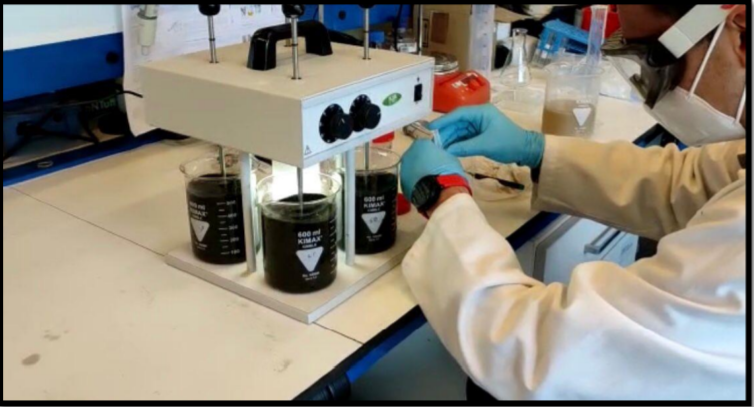- Ourense Town Council and Viaqua promote the participation of a school from Ourense in the ECOVAL project for the revalorization of organic waste
- CEIP of Seixalbo will contribute the waste from its school dinning room to the pilot plant located at the Ourense WWTP
The Ecoval Sudoe project, strategies for the management, coordination and recovery of sludge and organic waste in the SUDOE region, enters a new phase in 2022. After successfully illustrating the technology for converting sewage sludge into volatile fatty acids, compounds that are converted into products such as paints, lubricants or adhesives in the chemical and petrochemical industry, the Ourense Wastewater Treatment Plant (WWTP) will now change its raw material to recover selectively collected organic waste taken from the containers recently installed at the Seixalbo school in Ourense.
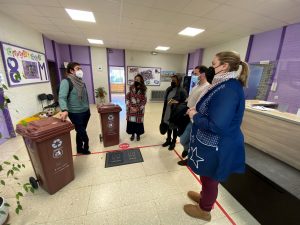
In this way, the school canteen has become a supplier of the raw material to be used by the pilot plant to obtain volatile fatty acids. Moreover, the establishment is also involved in the environmental education campaign “Another container, a brown one!”, the goal of which is to raise the awareness of youngsters as to the importance of the correct separation of waste, with an emphasis on the fifth container and the characteristics of organic waste. The CEIP Seixalbo is a public school in the municipality of Ourense that is very involved in raising environmental awareness among its students, with the organization of workshops on the correct separation of waste, the creation of a school garden, composting activities and now participation in this European research project.
Representatives from Cetaqua, the leader of the project, from the Department of Education of the City Council of Ourense and Viaqua, came in person to the school to present the project and lay the foundations for collaboration. In adition to Cetaqua, representatives from the Ourense Town Council and Viaqua, official partners committed to supporting and promoting the initiative, also attended, positioning the town of Ourense and its waste treatment plant in particular as a reference benchmark in the commitment to the development of green technologies and the circular economy.
Castile and Leon, represented in the project by the Natural Heritage Foundation, together with the Palencia Town Council and Aquona, who also support the initiative, will also be involved in the supply of organic waste through schools as a means of raising awareness as to the importance of caring for the environment while promoting the biofactory model.
The importance of the Ecoval approach
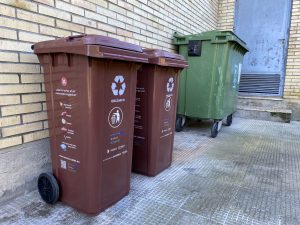 Each individual in the Sudoe region, which encompasses the Spanish autonomous communities (with the exception of the Canary Islands), the south-western regions of France, the mainland regions of Portugal, Gibraltar and the Principality of Andorra, generates 136kg of organic waste a year. This results in the generation of 11 million tons of organic waste a year, 9 million of which are food remains. Currently, 65% of this organic waste is incinerated or dumped in landfills due to the limited use of selective collection processes.
Each individual in the Sudoe region, which encompasses the Spanish autonomous communities (with the exception of the Canary Islands), the south-western regions of France, the mainland regions of Portugal, Gibraltar and the Principality of Andorra, generates 136kg of organic waste a year. This results in the generation of 11 million tons of organic waste a year, 9 million of which are food remains. Currently, 65% of this organic waste is incinerated or dumped in landfills due to the limited use of selective collection processes.
Since the project was launched in November 2020, Ecoval has paved the way for the arrival of brown containers, which should have been installed in all European cities by late 2023. Thanks to the approach promoted by the project, bio-waste will be returned to the economic cycle, thereby contributing to the European Union goal to recycle 65% of municipal waste by the year 2035.
In addition to the aforementioned partners, Santiago de Compostela University, the Galician Business-University Foundation, the National Institute of Applied Sciences of Toulousse, Nereus, Aguas do Tejo Atlantico and the Municipal Environment Company of Porto are all taking part in this challenge. The joint venture, co-financed by the Interreg Sudoe Programme through the European Regional Development Fund, also enjoys the support of 31 associated partners.

